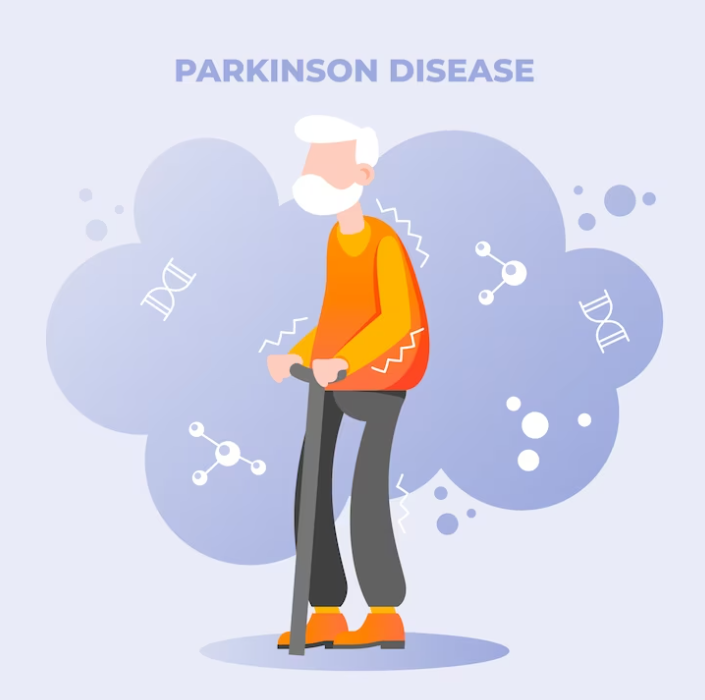
Recognizing the Early Signs of Parkinson’s Disease
Parkinson’s disease is a progressive neurological condition that affects movement. Recognizing the early signs can help in getting timely treatment and managing the condition effectively. Here are some common signs and symptoms to watch out for:
1. Tremors: One of the most common signs of Parkinson’s is tremors, usually starting in one hand or finger. These tremors may occur when the affected limb is at rest and often disappear with purposeful movement.
2. Bradykinesia: Bradykinesia refers to slowness of movement. People with Parkinson’s may experience difficulty initiating movement, have a reduced range of motion, and move more slowly than usual.
3. Muscle Rigidity: Stiffness or rigidity in the muscles is another hallmark symptom of Parkinson’s disease. This stiffness can affect any part of the body and may lead to discomfort or pain.
4. Postural Instability: Parkinson’s disease can cause problems with balance and coordination, leading to difficulty maintaining posture and an increased risk of falls.
5. Changes in Gait: People with Parkinson’s may develop a shuffling gait or have difficulty with walking and coordination. They may take small steps, have reduced arm swing, or experience freezing episodes where they suddenly stop moving.
6. Speech and Swallowing Difficulties: Parkinson’s can affect the muscles involved in speech and swallowing, leading to softer speech, slurred words, or difficulty swallowing food and liquids.
7. Non-Motor Symptoms: In addition to movement-related symptoms, Parkinson’s disease can also cause non-motor symptoms such as depression, anxiety, sleep disturbances, and cognitive changes.
If you or a loved one are experiencing any of these signs or symptoms, it’s essential to consult a healthcare professional for a proper evaluation and diagnosis. While there is currently no cure for Parkinson’s disease, early detection and treatment can help manage symptoms and improve quality of life.
To seek medical advice, always consult a Doctor. Here are our recommended experts. Click here
To read more on Neurological Disorders. Click Here


